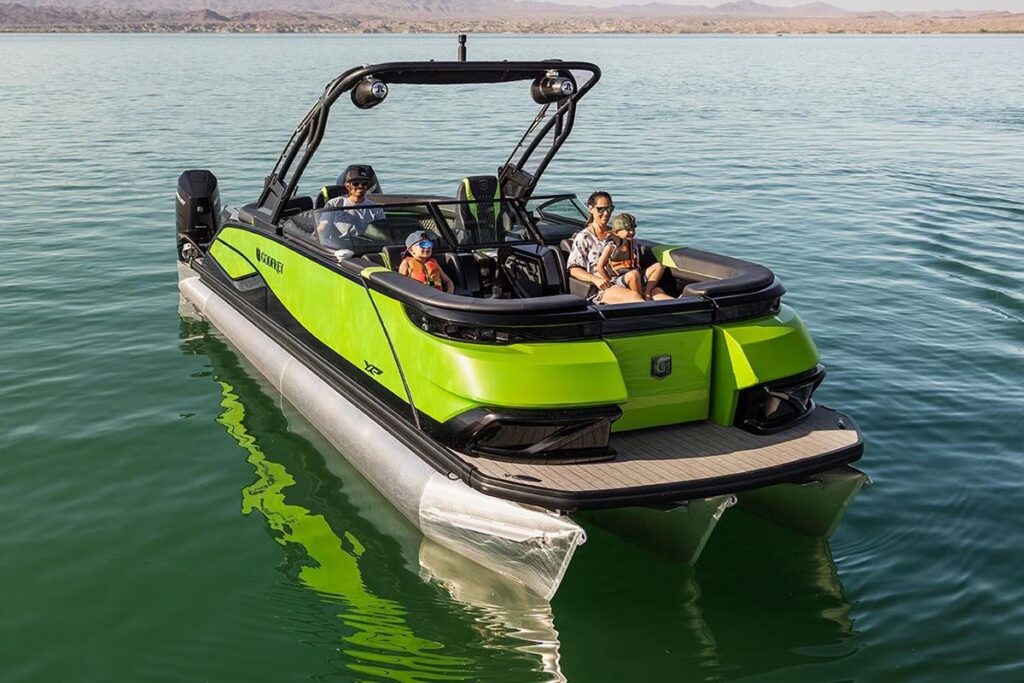Boat Values: A Concise Guide to Assessing Your Vessel's Worth
Buying, selling, or insuring a boat can be a daunting task for anyone, especially when it comes to determining its value. Understanding boat values is crucial for both buyers and sellers, as it helps them get the best possible deal in the marketplace. Several factors come into play when assessing the value of a boat, such as age, make, size, model, location, and overall condition.
To make a wise investment, it is important to be aware of the market trends, pricing of similar boats, and the various tools available for valuing recreational boats. This knowledge not only ensures a fair trade-in value for sellers but also allows buyers to find the right boat at the right price. Additionally, being well-informed about boat values can aid in securing adequate insurance coverage and loans.

Key Takeaways
- Boat values depend on factors such as age, make, size, model, location, and condition.
- Understanding these values is essential for fair deals when buying, selling, or insuring boats.
- Accurate boat valuation tools and market knowledge help secure appropriate insurance and loan agreements.
Understanding Boat Values
When it comes to determining the value of a boat, several factors come into play. These factors include the age, size, model, and condition of the boat. It is essential to have a clear understanding of these factors to make an informed decision when buying or selling a boat.
Boat values tend to fluctuate over time due to market conditions and trends. For example, in 2022, global boat values were 29% higher than pre-pandemic levels. However, by 2023, the inventory shortages had eased, but prices remained elevated due to the popularity of outdoor activities and remote work lifestyles.

One way to get a rough estimate of a boat's value is to consult online tools and guides. The NADA Guide provides used boat values for personal watercraft, sailboats, outboard motors, and trailers. Similarly, websites like BoatCrazy and J.D. Power offer tools to help you determine the worth of your boat. It is essential to keep in mind that these online sources provide an estimate, and the actual value might differ depending on care, climate, and condition.
Knowing the difference between a boat and a yacht is crucial when determining their values. A yacht is typically a larger and more luxurious vessel, which can lead to higher price points. On the other hand, boats are often smaller and more affordable, with various types such as powerboats, sailboats, and personal watercraft. Therefore, a boat's value might differ significantly from that of a yacht, even if they share similar characteristics.
In conclusion, understanding boat values is critical for both buyers and sellers in the boating market. Several factors impact these values, including market conditions, age, size, model, and condition of the boat. Online tools and guides can assist in estimating a boat's worth, but the actual value may vary due to care, climate, and condition factors.

Importance of Age and Make
Influence of Age
The age of a boat plays a crucial role in determining its value. As boats get older, they tend to depreciate, similar to cars. The depreciation rate can vary depending on factors such as the quality of maintenance and overall wear and tear. A well-maintained boat can hold its value longer than a neglected one. However, in general, older boats will be worth less than newer ones.
One aspect to consider when evaluating a boat's age is the number of hours on its motor. This can have a significant impact on the boat's value because a boat with more hours is likely to have experienced more wear and tear, making it less desirable to potential buyers. To assess a boat's value accurately, considering both age and the number of hours on the motor is important.
Role of Make
The make, or brand, of a boat also influences its value. Some premium boat manufacturers are known for their exceptional craftsmanship, high-quality materials, and advanced features, which can result in their boats retaining value better over time. Additionally, certain brands may have a higher demand in the market, making their boats more valuable.
Understanding the impact of a boat's make on its value requires some research. Familiarizing oneself with the reputation and performance of different boat brands, as well as the demand for specific models, can provide valuable insight into how the brand might affect the boat's overall value.
In conclusion, both age and make are key factors to consider when determining a boat's value. Evaluating these aspects in conjunction with factors such as condition, features, and market trends can lead to a more accurate assessment of a used boat's worth.

Role of Size and Model
Impact of Size
Boat size plays a significant role in determining its value. Larger boats generally command higher prices due to increased material costs, labor, features, and capabilities. However, it's essential to consider the specific type of boat when evaluating the impact of size on its value. For example, a larger sailboat or motor yacht may offer more amenities, such as additional cabins and onboard space, which could justify a higher price.
On the other hand, smaller boats may be more affordable and easier to manage, making them attractive to first-time boat owners or those with limited boating experience. Nevertheless, smaller boats may have a more restricted market due to their size limitations and the specific needs of potential buyers. Thus, it's vital to weigh the benefits and drawbacks of a boat's size when assessing its value.
Importance of Model
The model of a boat also plays a critical role in determining its value. Different boat models are designed to serve various purposes and cater to a wide range of boating activities, such as fishing, cruising, water sports, or even racing. As a result, the specific features, performance, and reputation of a boat model will all contribute to its overall value.
Boats from well-established manufacturers tend to hold their value better than those from less-known brands, primarily due to consumer confidence in the quality and reliability of their products. Additionally, certain models may have a loyal customer base, driving up demand and, consequently, the boat's resale value.
In conclusion, both the size and model of a boat are essential factors in determining its value. Understanding the impact of these aspects on a boat's marketability and potential resale value will help individuals make informed decisions when purchasing or selling a boat.

Effect of Location and Condition
When it comes to determining the value of a boat, two crucial factors stand out: location and condition. These elements play a significant role in both buying and selling a boat. By understanding their influence, you can make more informed decisions when it comes to boat transactions.
Location Influence
Boat values can vary greatly depending on their geographical location. A boat that's in high demand in one region might not be as valuable in another. For example, a deep draft boat will have more value in a location with more deep water, as it allows for greater accessibility and usage (source). Additionally, factors like climate, availability of marinas, and boating culture can also influence the value of a boat in a specific location. As a boat owner or buyer, being aware of these regional fluctuations can help you determine a fair and accurate price.
Condition Significance
The overall condition of a boat is perhaps the most significant factor in determining its value. A well-maintained boat will hold its value better than one in poor condition, even when comparing boats of the same type and age (source). The critical components of a boat's condition include:
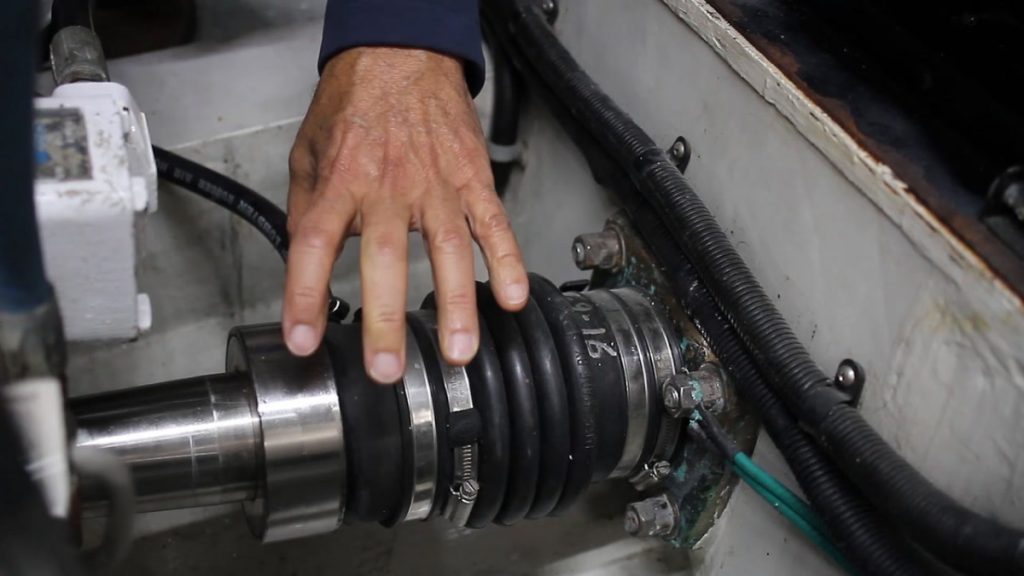
- Structural integrity: A sound hull and deck contribute to a boat's value, as they are essential for safety and performance. Any structural damage or extensive wear may negatively affect the value.
- Mechanical systems: Reliable engines and well-maintained mechanical systems can increase a boat's value, as they ensure smooth operation and minimize potential issues down the line.
- Electrical systems: Modern, functional electronics play a substantial role in determining a boat's value. Up-to-date equipment, such as navigation and communication devices, can add value to a boat.
- Interior and exterior appearance: The overall aesthetic appeal of a boat is also essential. A clean, well-kept boat will generally be more valuable than one that is neglected or has signs of wear and tear.
In addition to these factors, any upgrades or extra equipment included with the boat can also influence its value (source). When considering the purchase or sale of a boat, analyzing its condition is essential for arriving at a fair and accurate value.

Knowing the Right Price
When it comes to selling or buying a boat, it's essential to understand what the right price is. This helps sellers set a fair price for their boat while ensuring buyers don't overpay. Boat values can fluctuate due to factors such as market demand, inflation, and rising material costs. To find the ideal selling price for a boat, consider the following steps:
First, research the market. Examine recent sales of similar boats in your area to get an idea of the current prices. Pay attention to factors like the boat's age, size, and condition, as these will influence the price.
Next, use online tools like the Boat Price Checker on Boat Trader. This tool provides the average, lowest, and highest prices found in the Boat Trader search results, giving you a pricing range for the boat model. Such tools can help both sellers and buyers find a fair price for the boat they're interested in.

Additionally, consult Boat Crazy's valuation tool to determine the boat's worth accurately. This resource considers factors specific to your boat, such as its age, model, and condition, resulting in a more personalized valuation.
Finally, remember to factor in any unique perks or flaws that might impact the boat's value. For example, if the boat has new electronics or a recently replaced engine, these upgrades can increase the selling price. Similarly, significant repairs or damage to the hull might lower the boat's value.
In summary, finding the right pricing for a boat requires research, comparison of similar models, and consideration of any unique factors that might increase or decrease the boat's value. By following these steps, sellers can be confident in setting an ideal selling price, while buyers can ensure they're paying a fair price for their investment.
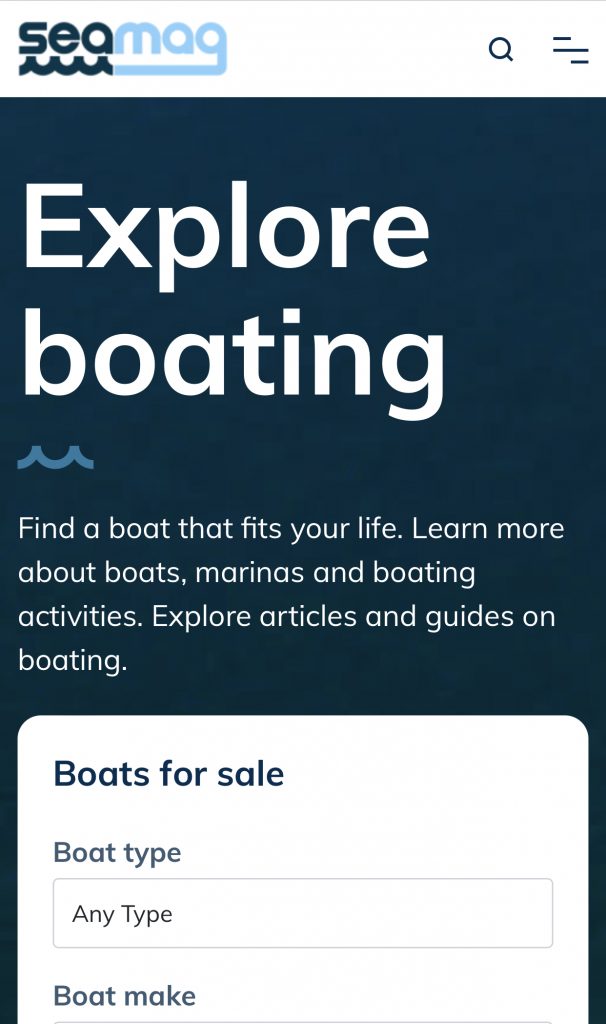
Tools for Valuing Boats
When determining the market value of a boat, several tools can be used to make accurate and informed decisions. One popular option is the Sea Magazine Price Checker tool, which provides the highest, lowest, and average prices for a specific boat model. By analyzing Sea Magazine's search results, this tool offers useful insights into price ranges for potential buyers and sellers.
NADA Guides is another trustworthy source for boat valuations. The NADA boats pricing guide offers a comprehensive database of makes, models, and years of boats. This guide is popular among both buyers and sellers, as it covers various boat types such as powerboats, sailboats, and personal watercraft.
For those seeking a more specialized source, the ABOS Marine Blue Book can be helpful. While not as widely known as NADA Guides, this resource focuses specifically on boats and marine products. It is recognized for its expert understanding of the industry and market trends, making it a valuable asset for those in need of boat valuations.
Lastly, some users may be interested in comparing Boat Prices with NADA Guides. As mentioned earlier, NADA Guides is a trusted source of boat pricing information. By drawing data from a variety of sources, these guides can help potential buyers and sellers obtain a realistic understanding of their boat's value.
In conclusion, a combination of tools such as the Boat Trader Price Checker tool, NADA Guides, ABOS Marine Blue Book, and boat prices comparisons with NADA Guides can provide accurate and useful information on boat values. These resources can aid in making informed decisions when buying or selling a boat.

Boat Types and Their Values
Understand Sailboat Values
Sailboats are a popular choice for those who enjoy the serenity of sailing. They come in various sizes and types, such as cruising sailboats, racing sailboats, and catamarans. The value of a sailboat depends on factors like its age, condition, and the materials used in its construction. To get a better idea of the value of a sailboat, buyers and sellers can use resources like the NADA Guide, which provides marine used boat values for personal watercraft, sailboats, and more. When evaluating sailboats, it is essential to consider factors like their performance, craftsmanship, and the availability of replacement parts.
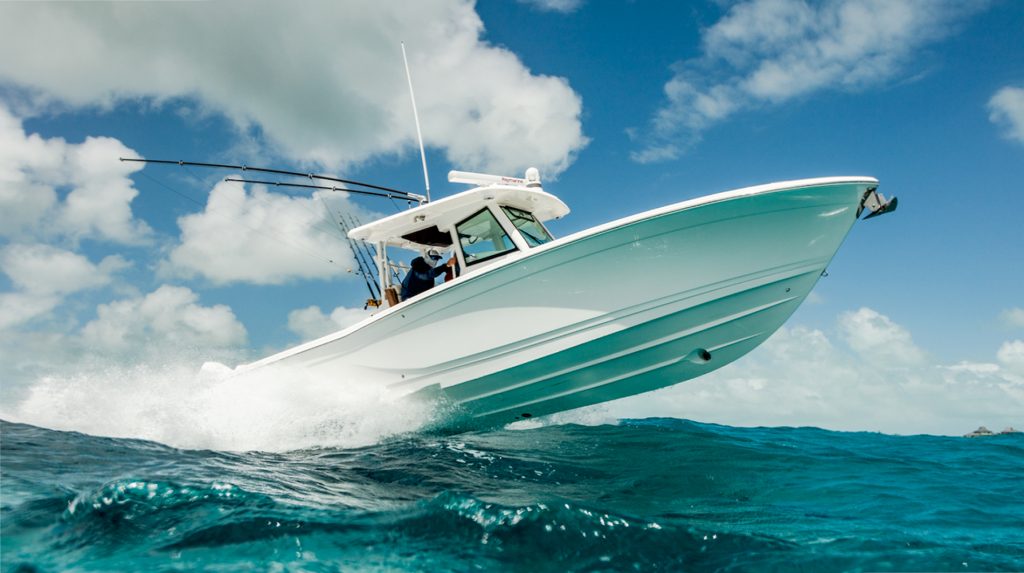
Power Boats Evaluation
Power boats are a diverse category, including cruisers, bowriders, pontoon boats, and personal watercraft. They are typically faster and more powerful than sailboats, offering greater flexibility in their purpose and utilization. The value of power boats is influenced by engine type, size, and overall condition. J.D. Power offers a useful tool for researching power boat values along with specs and photos to help buyers and sellers make informed decisions. Remember that engine maintenance, fuel efficiency, and advanced features will play a significant role in determining the value of a power boat.

Fishing Boat Estimation
Fishing boats are specifically designed for angling activities, catering to both freshwater and saltwater fishing. They come in many varieties, such as bass boats, center console boats, and walkaround boats. The value of a fishing boat is determined by factors like its size, design, and the amenities it offers, such as live wells, casting platforms, and advanced electronics. To estimate the market value of a fishing boat, buyers and sellers may use resources like Boat Trader or BoatCrazy.
Keep in mind that factors like the fishing boat's performance capabilities, durability, and ease of use contribute to its overall value. Moreover, demand trends in the market can also impact fishing boat values, so staying updated on current trends is essential when estimating the worth of a fishing boat.

Buying and Selling Boats
Insight for Boat Buyers
When looking for boats for sale, it's important to consider various factors such as boat type, make, price, length, year, and location. Boat buyers should also research the current market to have a better understanding of the boat values. Tools like the Boat Trader Price Checker provide information on listed prices to help you make a more informed decision.
Due to factors like inflation, material costs, and high consumer demand, boat prices have been on the rise. In 2022, global boat values were 29% higher than pre-pandemic levels. It's essential to stay updated on market trends to make a wise investment.
Guide for Boat Sellers
For boat sellers, accurate pricing is key to a successful sales transaction. One helpful resource is the NADA Guides, which provide marine used boat values for various types of watercraft. Factors such as the boat's make, model, year, and condition contribute to determining its fair market value.
If you're considering listing your boat for sale, it's advantageous to use a reputable platform like BoatCrazy.com. This platform offers boat valuation services and helps you reach potential buyers more effectively.
Before listing your boat, it's crucial to gather all necessary documents, such as registration papers, maintenance records, and warranties. Additionally, consider investing in professional cleaning and minor repairs to enhance the boat's appearance and overall appeal to buyers.
In conclusion, both boat buyers and sellers must be aware of the factors influencing boat values and follow guides and strategies to ensure a successful transaction.
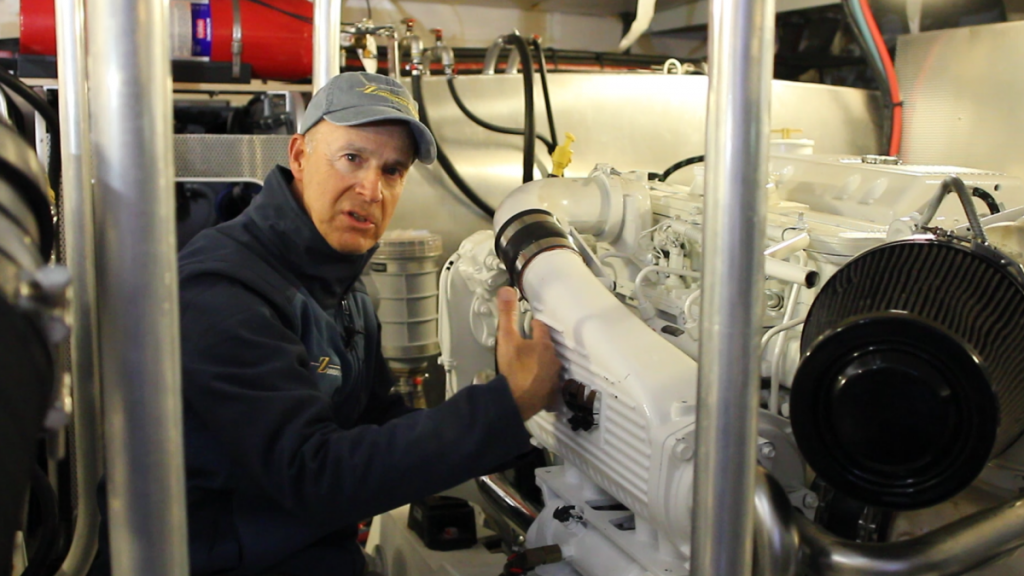
Additional Considerations
When assessing boat values, there are additional factors to consider beyond the make, model, and year. Equipment, trailers, outboard motors, and rigging can all significantly impact the overall value of a boat.
Equipment plays a vital role in determining the value of a boat. High-quality, well-maintained equipment can add value, while outdated or damaged equipment may lower it. Prospective buyers should inspect all included equipment, such as electronics, safety gear, and navigation tools, to ensure they are functional and in good condition.
Trailers are essential for transporting boats, but their presence can also influence a boat's value. A well-maintained, properly fitted trailer that complies with current safety regulations can add value to the overall package. Buyers should assess the condition of the trailer, including its tires, axles, and brakes, as well as research the NADA Guides to determine if the trailer's value matches the asking price.
Outboard motors are often the primary source of propulsion for boats and play a significant role in establishing the boat's value. Engines in good working condition can increase the overall value of the boat. When evaluating a boat's engine, look at the manufacturer, model, service history, and the availability of spare parts. Ensure that the outboard motor performs well during a sea trial and that it meets all current emission standards.
Rigging is a crucial element in sailboats, and its condition can greatly affect the boat's value. Quality rigging contributes to the boat's performance and safety. It is essential to inspect all components of the rigging system, such as the mast, shrouds, spreaders, and sail materials, for signs of wear, corrosion, or damage. Damaged or outdated rigging can lower the value of a boat and may jeopardize the safety of those on board.
In conclusion, considering the various aspects of a boat's equipment, trailers, outboard motors, and rigging can help potential buyers make an informed decision when evaluating boat values. By remaining knowledgeable and attentive to these additional considerations, one can confidently determine the fair market value of a boat in question.

Insurance and Loans for Boats
Boat ownership comes with certain financial responsibilities, including insurance and loans. Boat insurance is important for protecting your investment against accidents, theft, and natural disasters. Many insurance companies offer comprehensive coverage tailored to your specific needs, including the type of boat and the activities you participate in.
Acquiring a boat loan is another financial aspect to consider when purchasing your dream vessel. Working with leading marine lenders, you can find competitive rates and terms to purchase a new boat or refinance your existing boat loan. Loans are available for various types of boats, from powerboats and sailboats to pontoons and personal watercrafts.
To determine the value of your boat for both insurance and loan purposes, it's essential to examine various sources. You can start with the NADA Guides for blue-book type specifications, research, and pricing. This will give you an initial valuation of your boat based on various factors, but it's also important to check other resources for more accurate information.
For a deeper assessment of your boat's value, experienced surveyors can provide you with a detailed valuation. Banks and insurance companies often rely on surveyor evaluations to determine the loan and insurance hull value amounts. In addition, checking the current market prices of similar boats will give you a more realistic idea of your boat's worth, accounting for its unique features and any potential flaws.
In summary, when it comes to insuring and financing your boat, it's important to do thorough research and work with reputable lenders and insurance providers. Considering factors such as the type of boat, coverage required, and accurate value assessments will help you find the best insurance and loan options for your needs.
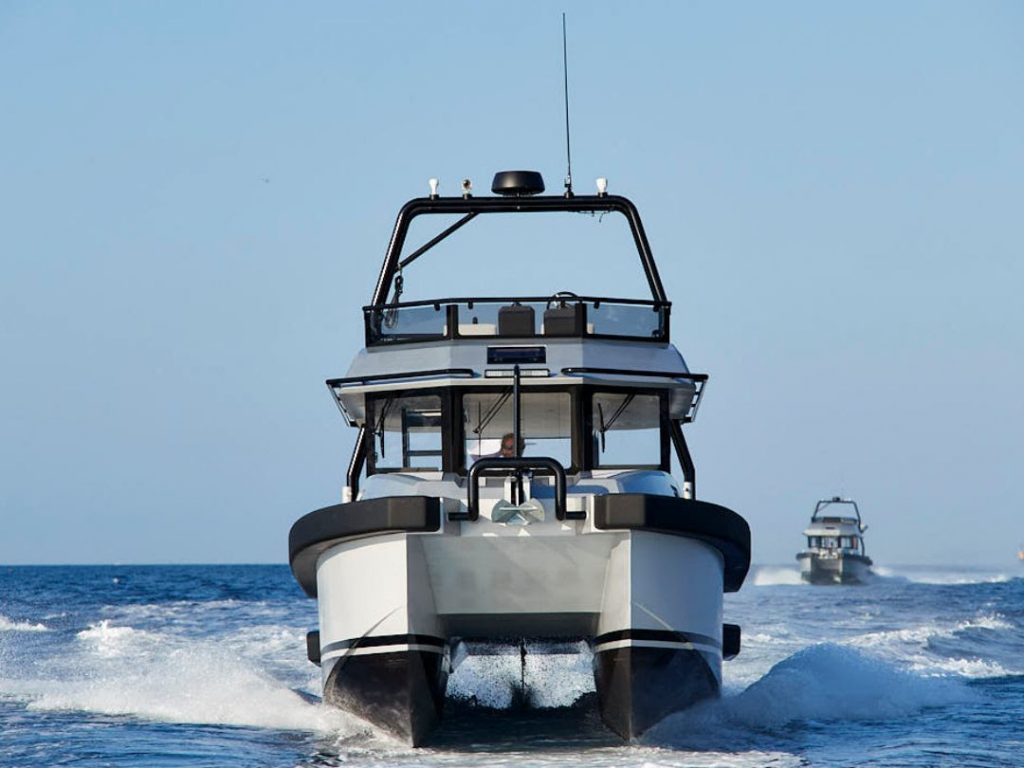
Frequently Asked Questions
What factors affect a boat's resale value?
A boat's resale value is influenced by various factors, including its age, condition, and features. Market conditions, such as supply and demand, can also affect a boat's value. Additionally, the make and model of the boat and its maintenance history can play a significant role in determining resale value.
How can I determine the fair market price for a used boat?
To determine the fair market price for a used boat, you can consult websites like NADAguides and BUCValu. These resources provide values for many boat models based on various factors. It's also essential to consider the boat's age, condition, and features, as well as local market conditions. Consult with a marine surveyor for a thorough assessment of a boat's condition and value.
Do pontoon boats hold their value over time?
Generally, pontoon boats hold their value relatively well, especially if they are well-maintained and have quality construction. However, factors such as the age, type, and condition of the pontoon boat, along with market conditions, will play a role in determining the boat's value over time.
Where can I find antique boat evaluations?
Antique boat evaluations can be challenging to find, as their value depends on factors such as rarity, condition, and historical significance. Websites specializing in antique boats, like Hagerty Marine Insurance, can provide guidance on evaluating antique boats. You can also consult with antique boat clubs or hire a qualified marine surveyor specializing in classic boats to determine your boat's value.
How are boats valued by J.D. Power or NADA?
Boats are valued by J.D. Power or NADA based on a variety of factors, including make and model, age, condition, and features. The values provided by these organizations are intended to be a starting point for negotiations between buyers and sellers. They gather data from various sources, including sales transactions, to provide a comprehensive and up-to-date guide for boat values.

What is the impact of maintenance history on boat values?
A well-maintained boat with a comprehensive maintenance history is likely to hold its value better than a boat with poor maintenance records. Regular maintenance helps ensure the boat's systems and materials remain in good condition and can prevent premature depreciation. When buying or selling a boat, providing detailed maintenance records can help establish its value and appeal to potential buyers.
Charlie is Editor-in-Chief of Sea Magazine




